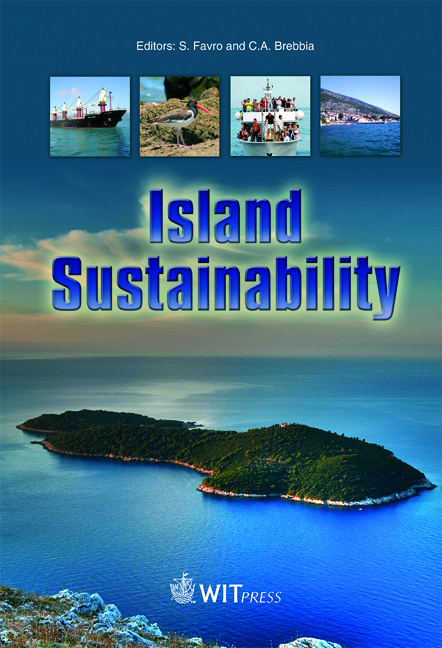Responsive Demand In Isolated Energy Systems
Price
Free (open access)
Transaction
Volume
130
Pages
11
Page Range
197 - 207
Published
2010
Size
404 kb
Paper DOI
10.2495/ISLANDS100171
Copyright
WIT Press
Author(s)
D. Livengood, F. C. Sim-Sim, C. S. Ioakimidis & R. Larson
Abstract
To make islands more economically and environmentally sustainable, there is interest in expanding local renewable sources of electricity generation to displace portions of electric energy generated by fossil fuels. Integrating these inherently weather-dependent and variable sources is a challenge for grid stability. Responsive demand has long been used as a resource for peak management in both island and mainland systems. We discuss potential benefits of expanding responsive demand to help displace electric energy generated by fossil fuel power plants by adjusting the shape of the demand curve to increase use of electricity generated by renewable sources. Our methods also apply to renewable generation capacity expansion decisions. Keywords: responsive demand, integrating renewables, island electricity systems. 1 Introduction Due to the obvious hardships of being an isolated electrical system, it is a challenge to provide stable and quality electricity service to a small island, or group of islands. Because of their small size, these systems often rely on fossil fuel power plants, most commonly diesel units, as these units are easily dispatched and reliable. However, the reliance on externally processed fuels for geographically isolated systems results in a higher cost for each energy unit produced when compared with mainland systems. The absence of self-reliance in such systems is an impoverishing factor that adds to the costs of insularity and diminishes the attractiveness of the island economically Zhang et al [1]. While there are a number of strategies that could all play a role in reducing reliance on imported fossil fuel, the focus of this paper is on the approach of expanding or
Keywords
responsive demand, integrating renewables, island electricitysystems





